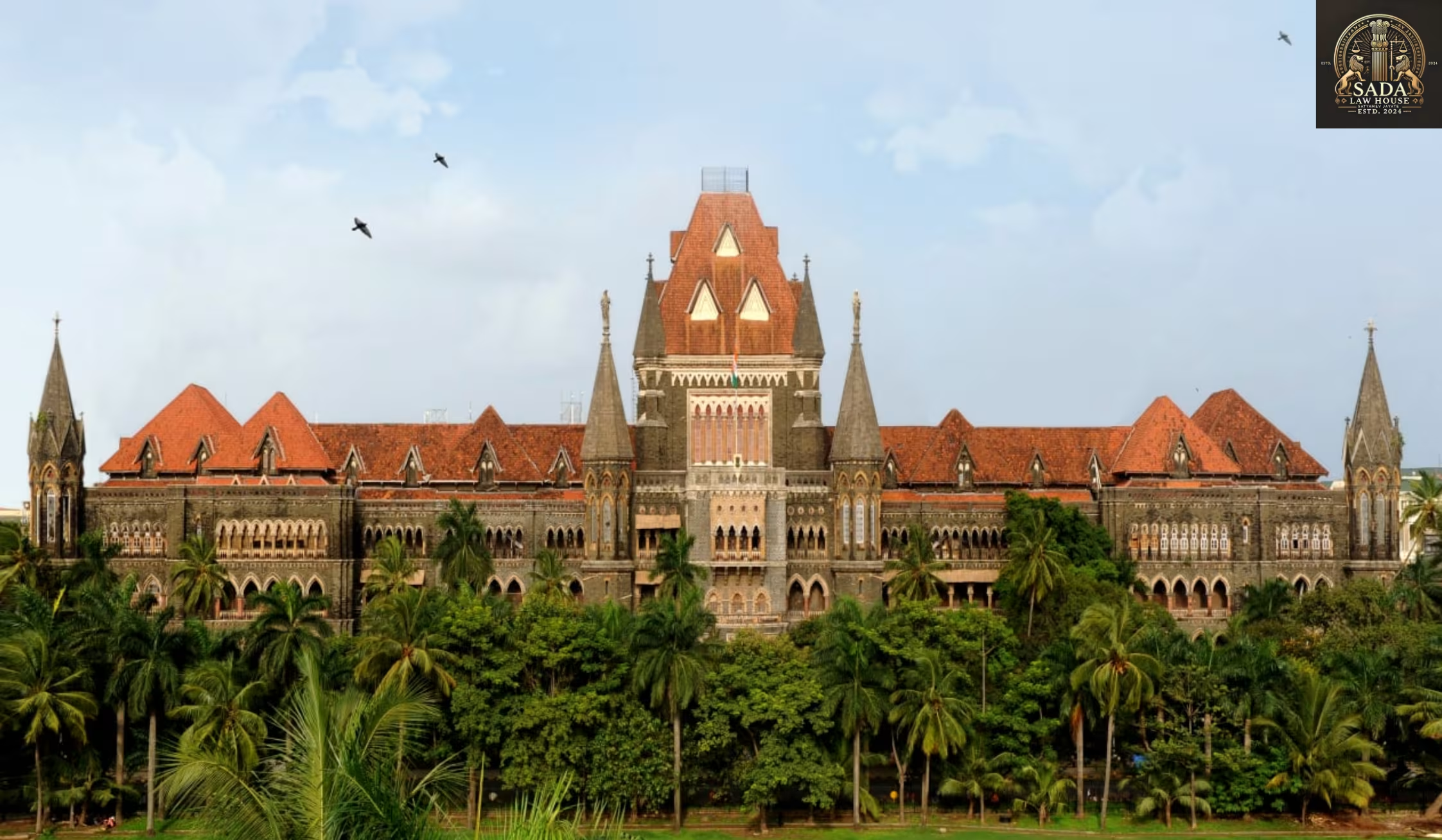Ramdev Agrees to Remove ‘Sharbat Jihad’ Videos After Court Rebuke Over Rooh Afza Remarks
- NITU KUMARI
- 23 Apr 2025

Introduction: Rooh Afza Controversy Heats Up
On April 3, Baba Ramdev, the founder of Patanjali Ayurved, sparked controversy while promoting his company’s product, Gulab Sharbat. In the video, Ramdev made derogatory remarks aboutHamdard Laboratories and its iconic product Rooh Afza, using the term “Sharbat Jihad.”
This led to swift legal action from Hamdard National Foundation, culminating in a high-profile hearing before the Delhi High Court.
Court Orders Ramdev to Remove Defamatory Content
Justice Shocked by Remarks
During the hearing, Justice Amit Bansal expressed serious concern over the language used by Ramdev in the video. The Court stated the remarks were “shocking to the court’s conscience” and could not be justified under any circumstance.
“I could not believe my eyes and ears when I saw the videos,” said Justice Bansal.
Patanjali’s Response and Agreement to Take Down Ads
Legal Representation and Compliance
Senior Advocate Rajiv Nayar, representing Ramdev and Patanjali, assured the Court that all related advertisements and videos—whether in print or digital format—would be removed immediately.
“We are pulling down the videos,” Nayar confirmed, following the Court’s stern warning of strict action.
The Root of the Controversy: Rooh Afza and Religios Allegations
In the promotional video, Ramdev accused Hamdard of using its profits to build madrasas and mosques, while targeting Rooh Afza. This inflammatory statement led to allegations of inciting religious hatred.
The term “Sharbat Jihad” used by Ramdev further fueled outrage, prompting Congress leader Digvijaya Singh to file a police complaint in Bhopal.
Hamdard’s Legal Stand: Defamation or Hate Speech?
Senior Advocate Mukul Rohatgi, representing Hamdard, argued that Ramdev’s remarks went beyond brand disparagement and bordered on hate speech and communal divide.
“This is not just defamation; it’s akin to inciting communal hatred,” said Rohatgi.
“A hard hand is required to nip this in the bud.”
He also highlighted Ramdev’s previous reprimands by the Supreme Court of India for his comments on allopathy.
Court Demands Affidavit and Future Compliance
The Court directed Ramdev to file an affidavit promising not to repeat such actions. This includes:
No future statements targeting competitors’ faith
No derogatory advertisements
No inflammatory social media posts
The Court also scheduled the next hearing for May 1.
Statements from Legal Representatives
Sandeep Sethi, senior advocate for Hamdard, emphasized that Ramdev should respect the faith of brand founders.
Rajiv Nayar, while defending Ramdev’s right to hold personal political opinions, agreed that product-related disparagement would cease.
“He can keep such opinions in his head,” the Court remarked sharply.
Conclusion: A Lesson in Responsible Brand Communication
The Rooh Afza–Gulab Sharbat controversy serves as a reminder of the responsibility that comes with public influence, especially in sensitive markets like food, beverages, and health. The Court’s intervention underscores the need for ethical advertising, respect for religious sentiments, and brand integrity.






